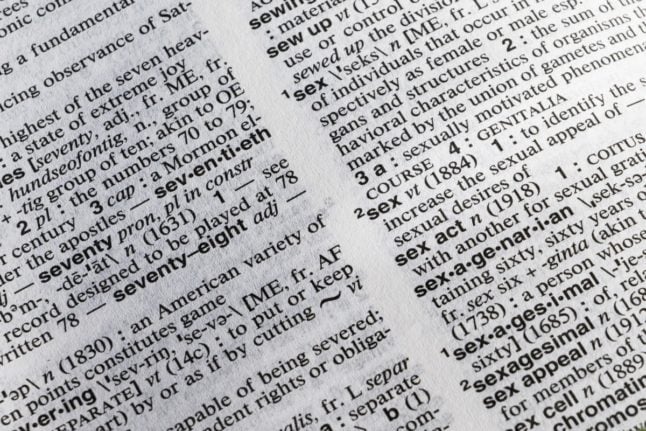Thomas Hood’s poem has November as the month with no sun, no moon, no morn, no noon… He unaccountably failed to mention the fact there will be six English-subtitled French films for Paris-based cinephiles to enjoy, courtesy of those remarkable people at Lost in Frenchlation.
Here’s what is scheduled for this month.
Le Sixième Enfant
The month kicks off with Léopold Legrand’s drama about a struggling couple with five children and a sixth on the way, and the difficult arrangement they reach with a pair of childless but well-off lawyers.
On Friday, November 4th, doors at L’Entrepôt Cinema, 7 Rue Francis de Pressensé, Paris 14, open at 7pm for pre-screening drinks. The film starts at 8pm, and will be followed by a Q&A session with the director. Tickets cost €8.50 (€7 concessions)
Riposte Féministe
Cannes-listed documentary, directed by Marie Perennès and Simon Depardon, following several women as they fight back – literally and metaphorically – against misogyny in France.
Tickets for the screening on Sunday, November 13th, at L’Entrepôt, 7 Rue Francis de Pressensé, Paris 14, cost €10 (€8 concessions).
An optional walking tour, following in the footsteps of Paris’s most famous female writers is offered, from 5pm, for €15.
Novembre
An out-of-competition film at Cannes earlier this year, Novembre tells the story of the aftermath of the November 2015 terror attacks in Paris as police – under huge pressure – tracked down suspects across Europe before they could strike again. Jean Dujardin stars.
Drinks at 7pm at the Luminor Hotel de Ville, 20 Rue du Temple, Paris 4, precede the screening at 8pm on Thursday, November 17th. Tickets are €10 (€8 concessions)
L’Origine du Mal
Director Sébastien Marnier will be at the screening of his movie L’Origine du Mal, and will take part in a Q&A afterwards. The film, riddled with sly humour, tells the story of a woman on the verge of financial collapse, who attempts to reconnect with her wealthy, estranged father and his new family.
Tickets for the show, on Thursday, November 24th at L’Arlequin, 76 Rue de Rennes, Paris 6, cost €10 (€8 concessions).
L’Innocent
The final film of the month, screened on Sunday, November 27th, is L’Innocent, which follows a man’s efforts to prove the jailbird who has just married his prison drama teacher mum is still a no-good criminal.
Tickets for the show on November 27th at Luminor Hotel de Ville, 20 Rue du Temple, Paris 4, cost €10 (€8 concessions). Screening starts at 8pm, with pre-show drinks on offer from 7pm.



 Please whitelist us to continue reading.
Please whitelist us to continue reading.
Member comments